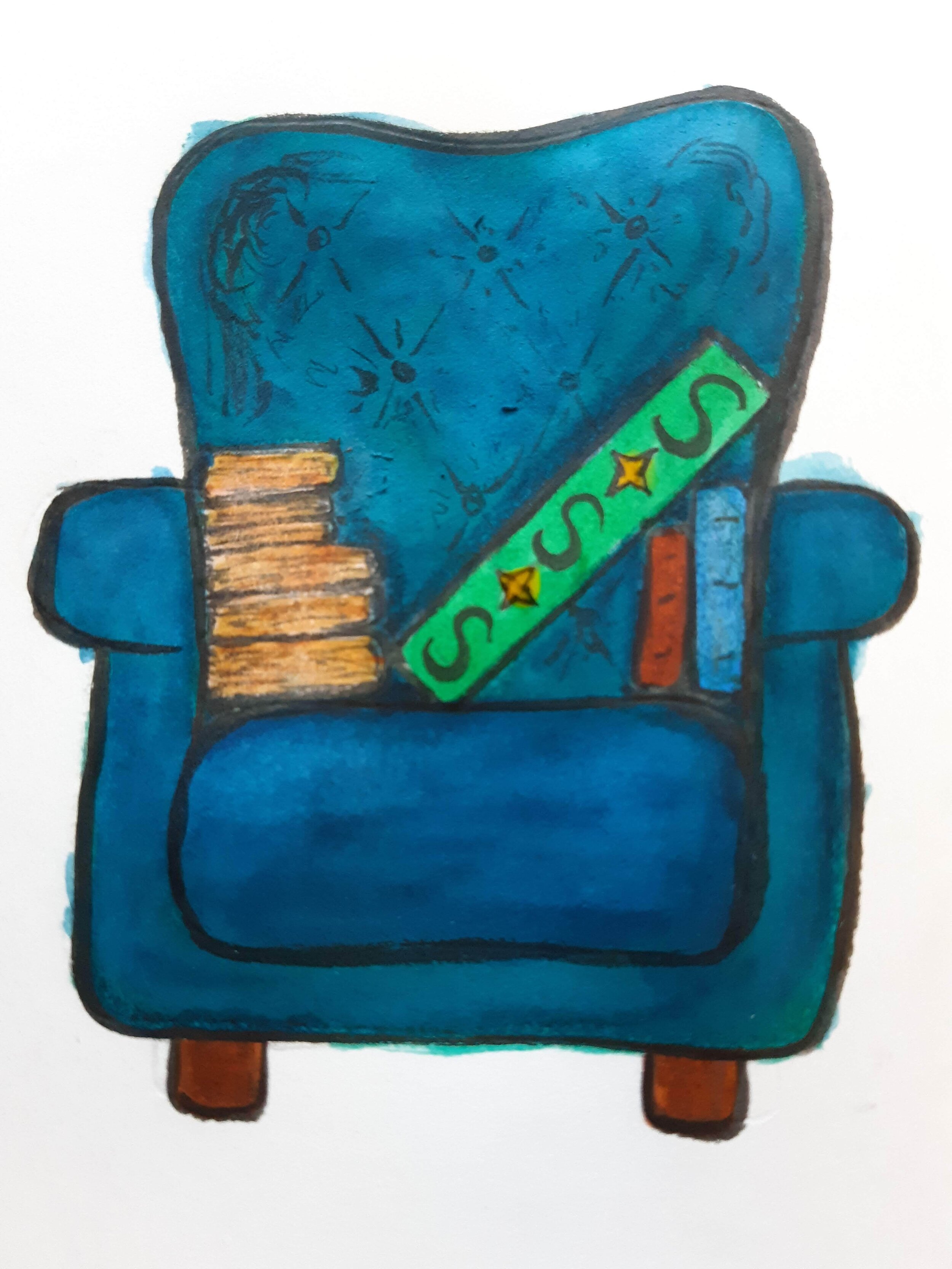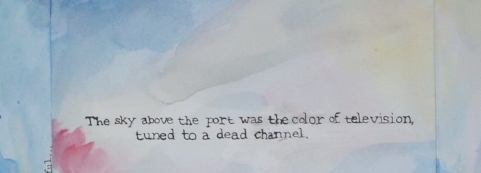Tribute
We will all face loss in our lives. In different forms, varying levels, it will come. Some will face loss multiple times. Loss includes being denied a promotion, a scholarship, failing a course forcing you to retake it and lose a semester of hard work, being fired, divorced, dumped, a house through storm or foreclosure. All of these forms of loss disrupt our lives causing more chaos. The most painful and obvious loss, of course, is through death.
Three years ago today I lost my friend, Bob. He is the main reason for my final move into, and acceptance of technology. I miss him most when I think of how much better, more smoothly, this blog could run if he were alive now. I am proud of my work—anyone who knows me is shocked and impressed with my ability to wield tech I spent so much time avoiding—but I am certain he would have made it fabulous.
Bob was an incredibly supportive friend. I had recently started at UMB and he frequently listened to my essays plans and enjoyed my exuberance over nerdy topics. We talked and exchanged books, movies, and life. He helped fix my previous computer—and my panic—when it crashed in the midst of mid-term paper writing! Then he chided me for naming her Pandora (I was told I had to name my computer by a loved one so I did) and still expecting her to run without mischief or discontent. I pointed out that he named his computer Neuromancer, a homicidal, sneaky A.I. character from his favorite book. “Touche,” he said and brought my box of innumerable secrets back to life.
We exchanged our favorite books in special edition format one Christmas. He had read some, but not all of The Hitchhiker’s Guide to the Galaxy series. My current computer’s name, Fenchurch (from book four) received Bob’s safe approval. Fenchurch went with me to Oxford three weeks after Bob passed away. I nearly turned down my acceptance to the program. Bob’s cancer was not the only horrible, giant upheaval going on at that moment causing me to waver. I knew there was a chance he would be irritated with me if I let him be the cause for staying behind. He was less irritated and more understanding than I could have hoped for. He was also completely unwilling to let me do anything other than what was best for me, which was to take my shot at Oxford.
Without Bob’s (among others) encouragement, I might have allowed uncertainty and the discomfort of change to ruin a remarkable opportunity and an irreplaceable experience. I wish I had been wrong, that I would have had the chance to tell him about England once I returned, or even that he had lived just a little longer despite the fact that I would have been across an ocean simply because the world was better, funnier, and more welcoming with him in it. Instead, I attended his wake, was able to offer what support I could to his widow, sister and other friends; I got to speak at his memorial service the week before I left. Then, I did my best to prepare myself mentally for unknown academic hardship.
I took my “DON’T PANIC!” towel with me, which he gave me his last Christmas—but managed to miss any real towel-day events—and thought of him everyday. Those words helped a lot. When every deadline approached, when the Bodleian Library overwhelmed, when my scary professor critiqued my essays into pitiful little shreds, I repeated to myself DON’T PANIC. It isn’t that Bob exclusively taught me to use the phrase, but he employed it so well, at just the right moments, that it’s as if he is still giving me the advice personally. Change and dream-crushing obstacles will always be present; do not let them stump you, re-route and get on with it.
It took me two years to get back on the path I’d planned, but it could have been much longer. Without Bob’s strange version of optimism, which was really a state of defiance, I really may have just allowed myself to wither waiting for the next blow of loss and disappointment. It’s easy to stay down. Bob would have “gently” asked why I wasn’t kicking life’s ass, or whatever part that was getting the way of my happiness? This “kicking of asses” included loves and family members. Anytime I am uncertain if someone is good for me, I miss Bob and try to hear his perspective again, which turned out to be whatever view made me the most important. It was nice to have such loyalty in my world regardless of having to temper his fierce friendship with less biased self-respect.
Bob was a longterm regular at a pub/restaurant I worked at in my neighborhood (now out of business…not my fault). After months of conversations about beer, whiskey, books, work complaints, movies etc., he said to me, “Can we be friends?” I do not remember what I said to make him ask, but my somewhat confused response was, “I thought we already were friends, Bob.” He explained his understanding of the delicacy of the customer-server relationship and his concern that he not bother me with any unwanted friendship responsibilities. Once I assured him I had no reservations about being his friend outside my work place, he inviting me over to fix my “sadly lacking movie education.” First screening? Blazing Saddles.
Bob, I will always miss your sense of humor mixed with rancor and hidden love for mankind. Thank you for being my friend.
May Nerd-dom abound!
Katrina Pavlovich
Quote-of-the-day
“Wish you were here.” —Pink Floyd
P.S. The towel was courtesy of ThinkGeek.com, Wish You Were Here is also a biography by Nick Webb about Douglas Adams, Adams was born AND died on March 11, and International Towel Day is May 25 (towelday.org). Check them all out!
Overview: Neuromancer by William Gibson
Neuromancer is one of only two books I've ever read that I immediately began to re-read when I finished the last page. I admit that this response was partially due to the sheer magnitude of information thrown at me, like the purposeful sensory overload enjoyed by the main characters, William Gibson tosses readers into his world without preamble or explanation. The further into the story I read, the more certain I became of two things: Gibson’s writing intended me to reflect the disorientation of his main character, Case, and Case and Molly were (are) the best-dirtiest-grittiest bad-asses I have ever met...I mean read.
That's how engrossing this story is; I felt like I was the silent character in every scene who knows the other players without ever being introduced. How else can a guy be described after being introduced, essentially, as a Russian Roulette player? “He no longer carried a weapon, no longer took such basic precautions. He ran the fastest, loosest deals on the street” (9). It isn’t that his description invokes an ideal roll model, simply that there is no avoiding Case’s nonchalance. His lack of caring brings readers into the story because there are no walls and no rules.
Gibson was later concerned that his world would lose his audience. The anachronisms--now rampant--in the book are caused by technology’s exponential forward motion. It's a juggernaut, both, inspiring its own genre and destroying it as it rolls. The introduction in my copy explains in its first sentence. “It took at least a decade for me to realize that many of my readers, even in 1984, could never have experienced Neuromancer’s opening line as I'd intended” (vii) because most TV sets haven't made silver static since the 70’s. Interestingly, the anachronisms serve to solidify, not weaken Neuromancer’s world.
There is no further explanation I can give to this story without giving away plot or corrupting the feeling—perhaps response is a better word—of someone else’s read. It’s an experience I highly recommend. The 20th Anniversary Edition is the one with the introduction—by William Gibson himself—I mention above.



